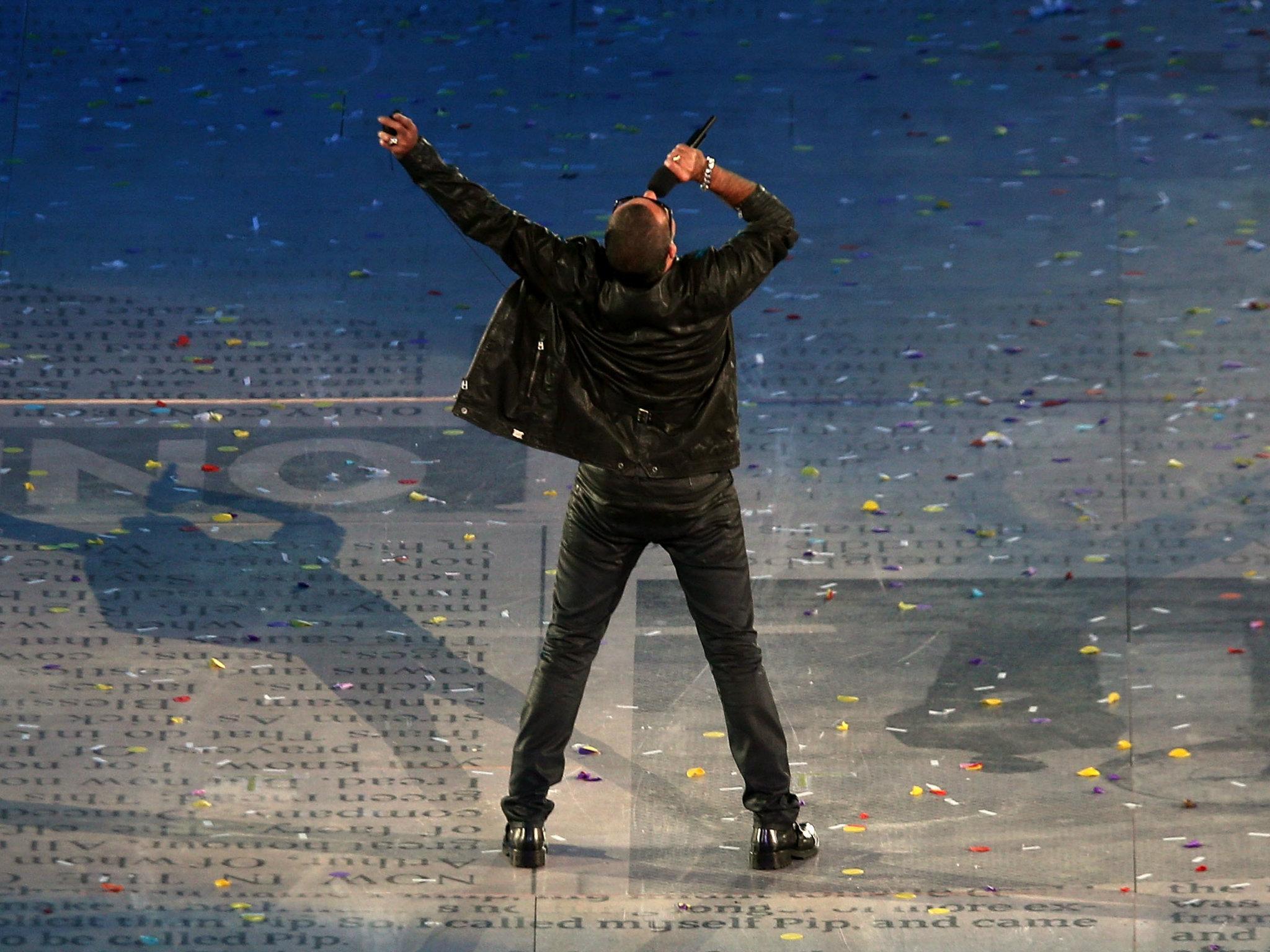Anyone who remembers George Michael solely for his music is missing the real importance of him
I first met George in about 1980, when he was still a teenager and long before he was famous. There were lots of wannabes in those days, but I thought maybe this one might actually be on to something


George Michael's sudden, sad death has robbed the world of a great artist and a star with a social conscience. As well as his awesome music, most particularly during his solo career, which stands the test of time, he spoke out against injustice and the Iraq War. He also helped raise funds for Aids charities and Comic Relief. His support for LGBT rights including performing at the Sydney Gay and Lesbian Mardi Gras in 2010 and at the Equality Rocks concert in Washington DC in 2000.
I first met George in about 1980, when he was still a teenager and long before he was famous. It was a chance meeting in a small gay disco above a pub by Manor House tube station in north London. He was a great dancer and sang along to all of the songs. He had a good voice and said he was going to be a pop star. There were lots of wannabes in those days. I thought: maybe this one might actually be on to something.
I was surprised and pleased when he hit the big time three years later with Wham!
Around this time he was going to the gay nightclub, Bolts, in Haringey, even though he was still closeted and not open about his homosexuality. This was a risky move for a major pop star, but typical of the risks he often took throughout his life. Some of us wondered whether going to Bolts was a manifestation of an unconscious wish to get outed by the press so he'd be forced to stop leading a secretive double life, with all the stresses it entailed.
George did not publicly come out as gay until relatively late, in 1998, when he was in this mid-thirties, after he was busted in an undercover police sting operation in Los Angeles. But he turned his arrest into a defiant defence of the right to be gay, which won him public plaudits for his candour. He parodied the incident perfectly with the song "Outside" and the accompanying video.
In the 1980s, he chose not to reveal that he was gay because he feared a negative reaction from his parents, fans, record company and, particularly, the tabloid press. Back then, the red tops were vicious to gay public figures. They were vilified and smeared. Being gay was portrayed as a scandal and shame. The tabloid press besmirched many a career during that time.
This was also the era of Aids, which was often dubbed "the gay plague". Gay men were blamed for the deadly virus. Public attitudes became much more homophobic. Gay-bashings and murders rocketed. It was a fearful period to be gay, let alone a gay public figure. I wish George had come out then, as he could have helped counter that tide of prejudice. But I understand why he didn't.
As well as being a brilliant composer and singer, George had a social conscience, did message music and raised lots of money for good causes.
His 1990 record "Praying for Time" was a hauntingly beautiful, albeit despairing, critique of poverty and injustice. He did not appear in the official video. It was a black screen with the lyrics in white. He clearly wanted his fans to see and understand his message.
He was also vocal in his opposition of the Iraq War. His 2002 "Shoot the Dog" track was a savage satire on George W Bush and Tony Blair and his song "The Grave" a year later was a lament about the wasted young lives lost in war, deliberately timed to coincide with what he regarded as the allies' unjustified, illegitimate intervention in Iraq. "Shoot the Dog" was a brave move that lost George fans in gung-ho patriotic America. But he stuck to his principles and showed his critics that he wasn't a mindless, hedonistic pop heartthrob.
George Michael's legacy is that of a supremely talented performer, an opponent of injustice and a charitable humanitarian. His music will live on for decades and continue to bring enjoyment and inspiration to millions. Bravo!
Peter Tatchell is director of human rights organisation the Peter Tatchell Foundation

Join our commenting forum
Join thought-provoking conversations, follow other Independent readers and see their replies